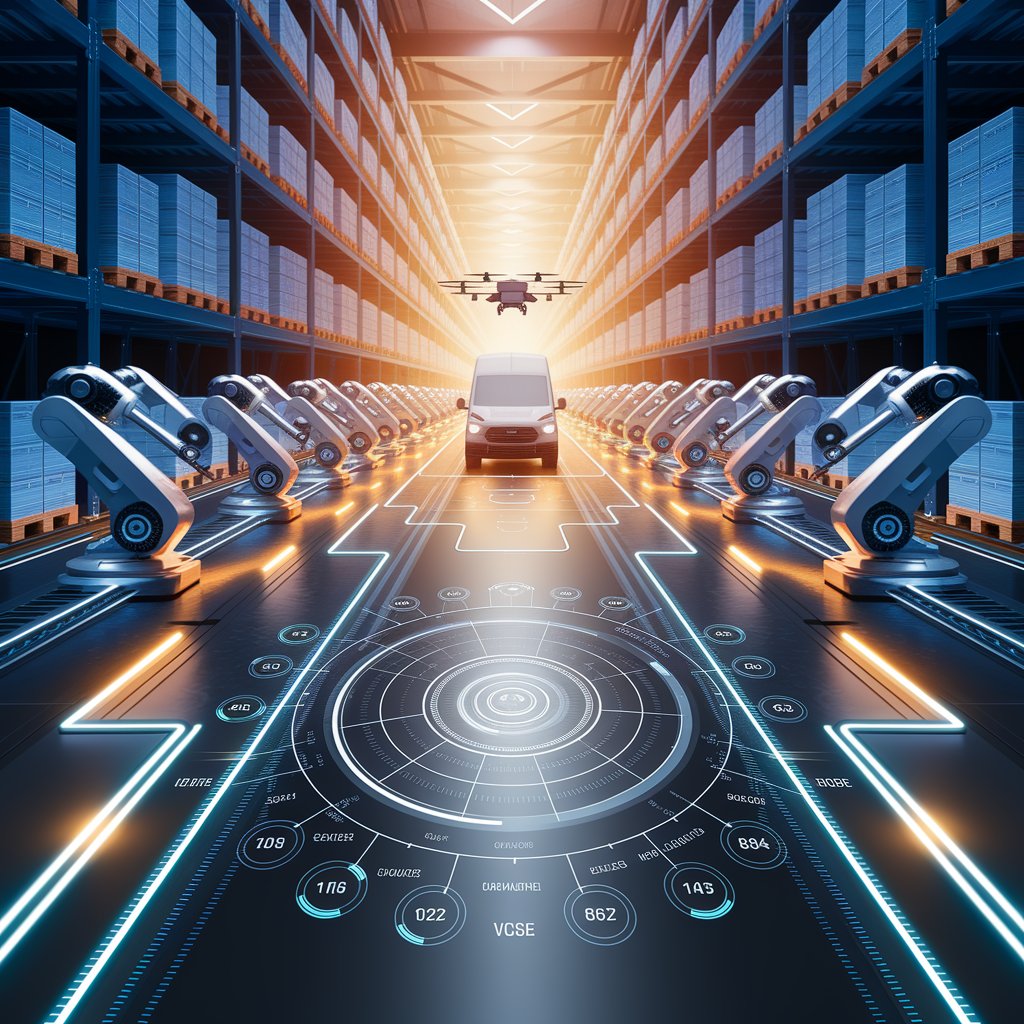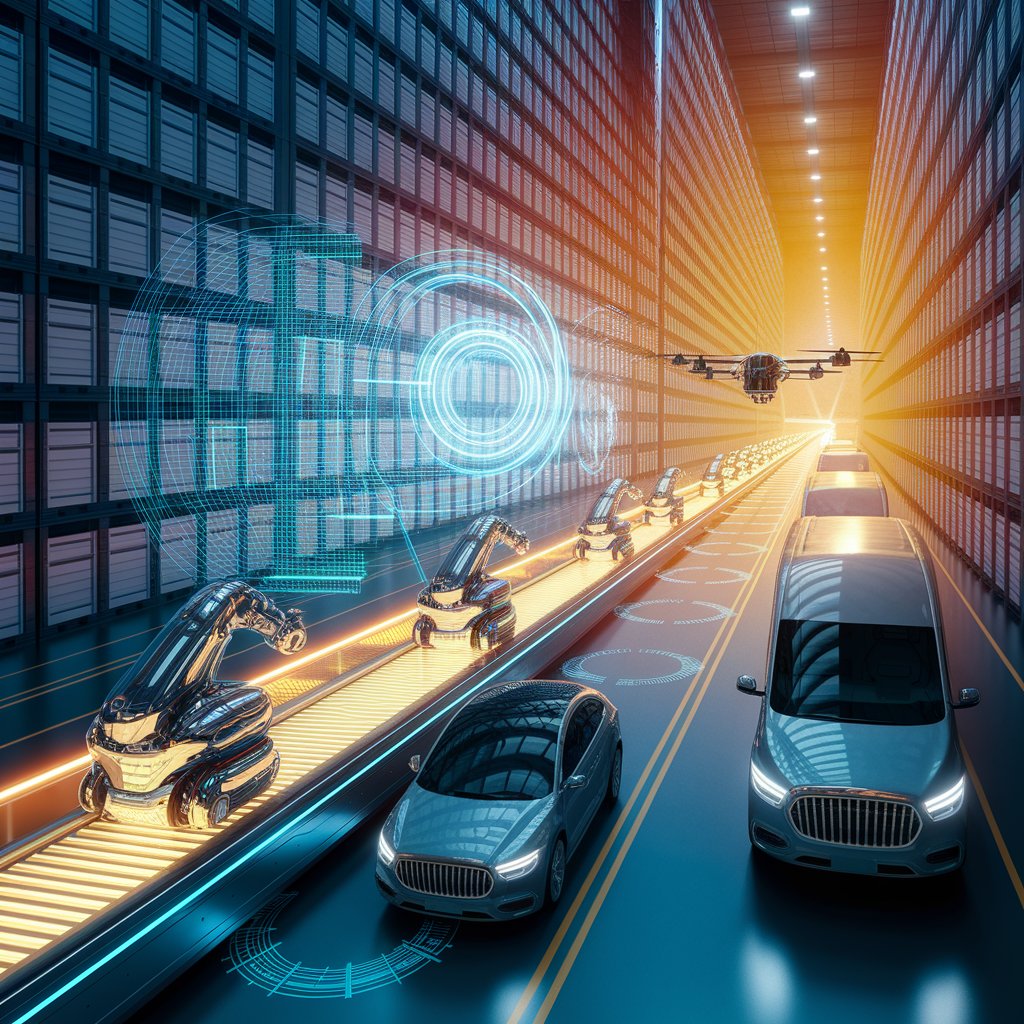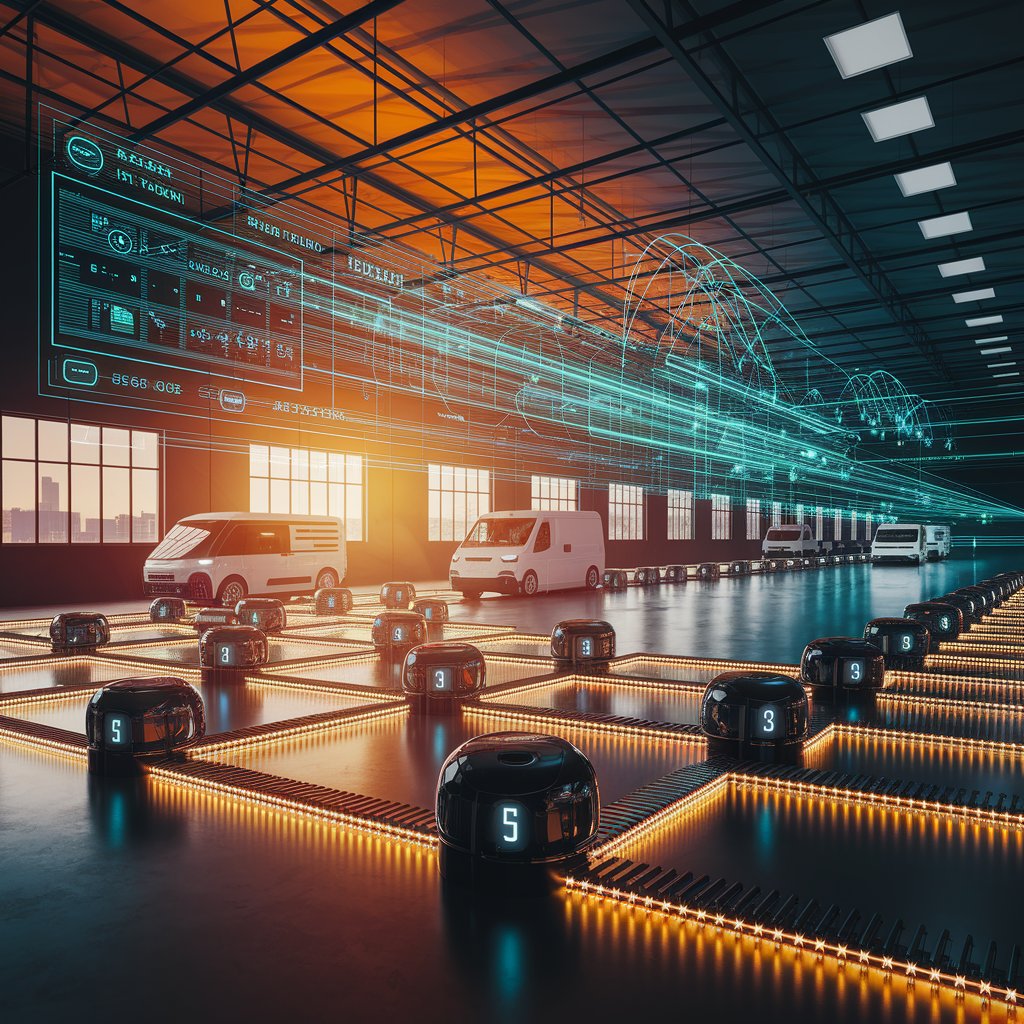Retail Logistics Automation: Transforming the Future of Commerce

Introduction
This is where retail logistics automation takes center stage. By automating inventory management, order fulfillment, and last-mile delivery, retailers gain the agility and efficiency required to meet customer expectations while maintaining profitability.
What Is Retail Logistics Automation?
Retail logistics automation refers to the use of technology, AI, and robotics to streamline logistics processes across retail supply chains. Instead of relying on manual labor and fragmented systems, automation creates a seamless flow from procurement to customer delivery.
This approach ensures real-time visibility, fewer errors, and faster, more cost-effective operations.

Key Features of Retail Logistics Automation
- Automated Warehousing: Robotics for picking, packing, and storage.
- Smart Inventory Management: AI-driven demand forecasting and stock optimization.
- Digital Order Fulfillment: Automated workflows for processing online and offline orders.
- Last-Mile Optimization: Route planning and delivery automation.
- Integrated Systems: Linking ERP, TMS, and CRM for unified retail operations.
Benefits for Retailers
- Faster Fulfillment: Meet same-day or next-day delivery demands.
- Reduced Costs: Lower labor and operational expenses.
- Higher Accuracy: Minimize order errors and returns.
- Customer Satisfaction: Deliver reliable, on-time service.
- Scalability: Handle seasonal peaks and global expansion effortlessly.

Real-World Applications
- E-commerce Giants: Automated warehouses for high-volume order fulfillment.
- Brick-and-Mortar Retailers: Streamlined inventory and omnichannel logistics.
- Grocery Chains: Cold chain automation for fresh product delivery.
- Fashion Retailers: Automated returns management for faster customer service.
The Future of Retail Logistics Automation
The future of retail logistics automation will be powered by AI, IoT, and predictive analytics. Expect more widespread use of autonomous delivery vehicles, AI-driven replenishment systems, and blockchain-enabled transparency for customers. Retail supply chains will evolve into self-optimizing ecosystems where speed, accuracy, and sustainability coexist.

Conclusion
Retail logistics automation is transforming commerce by enabling faster, more accurate, and cost-efficient operations. From warehousing to last-mile delivery, automation ensures that retailers can meet customer demands while staying profitable. In a world where retail success depends on logistics performance, adopting automation is no longer optional—it’s the future of competitive advantage.
